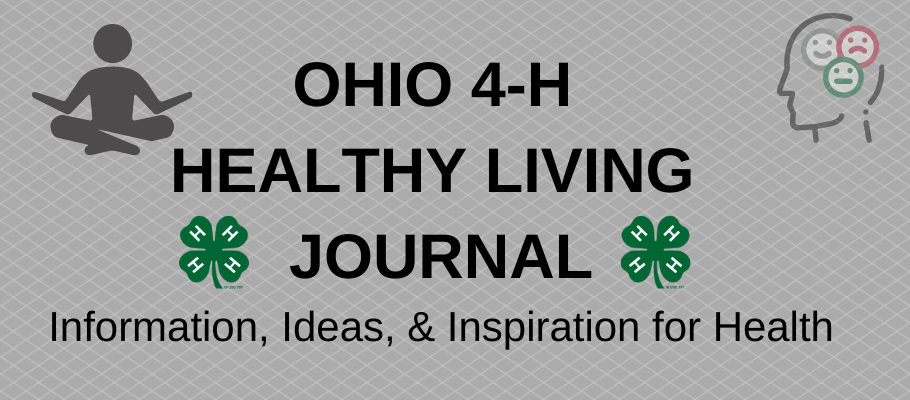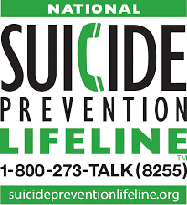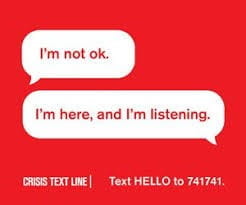 It’s no surprise that COVID-19 has increased concerns about mental health. One reason we feel stress is because of the uncertainty of the situation. Is school going to be in-person, virtual, or hybrid? How many times will it change? Will high school graduation be in person or virtual? When will I be able to see my grandparents? Now that we are coming up to nearly a year of wearing masks; changes to home, school, and work; and experiencing restrictions on in-person gatherings, we’re wondering when it’s going to end.
It’s no surprise that COVID-19 has increased concerns about mental health. One reason we feel stress is because of the uncertainty of the situation. Is school going to be in-person, virtual, or hybrid? How many times will it change? Will high school graduation be in person or virtual? When will I be able to see my grandparents? Now that we are coming up to nearly a year of wearing masks; changes to home, school, and work; and experiencing restrictions on in-person gatherings, we’re wondering when it’s going to end.
It’s normal to feel stress and worry during a crisis. However, the particulars of the pandemic have taken this stress to another level. In addition to uncertainty, there are several other things that contribute to it. Stay-at-home orders, school closures, and restrictions on activities and gatherings have limited social interactions. Young people have experienced disruption by missing out on life events that are part of a final year of high school and milestones such as graduations. In the process they also missed out on many opportunities important for social development. There is a large body of research that links social isolation and loneliness to poor mental and physical health. What can we do?
Healthy Ways to Cope with Stress
Everyone reacts differently to stressful situations, and it is normal to experience a wide range of emotions. We can’t wave a magic wand and make everything return to ‘normal.’ However, there are a number of healthy ways to cope with stress. These recommendations seem so simple, maybe too simple, right? Yet, they are offered over and over again by mental health experts, from well-respected organizations such as the Centers for Disease Control and Prevention, World Health Organization, U.S. Department of Health and Human Services, and Mayo Clinic.
I have categorized the recommendations for coping with stress into Four Cs.
- CARE – Take care of your body (and mind).
- Relax and recharge. Take deep breaths, stretch, or meditate.
- Eat healthy, well-balanced meals.
- Exercise regularly.
- Get plenty of sleep.
- Avoid alcohol, tobacco, and substance use.
- Continue with routine preventive measures (such as vaccinations, health check-ups, etc.) as recommended by your healthcare provider.
- Get vaccinated with a COVID-19 vaccine when available.
- CREATE – Make time to unwind to do some activities you enjoy. Creative activities like art are especially engaging. Maybe you will discover a new interest. Some people like to keep their thoughts in a journal. Expressive writing helps people process difficult emotions and find meaning.
- CONNECT – There are actually three ways to Connect.
- (Dis)connect – Take breaks from watching, reading, or listening to news stories, including those on social media. It’s good to be informed, but hearing about the pandemic constantly can be upsetting. A recent study found that one major contributor to anxiety for people of all ages was increased engagement with media. Especially problematic is exposure to conflicting information. Consider limiting news to just a couple times a day and make a conscious effort to spend less time in front of a screen disconnecting from phone, TV, and computer screens for a while. This is challenging when so many aspects of our life are being conducted virtually.
- Connect – with others. Talk with people you trust about your concerns and how you are feeling. Social connections are important for your overall health.
- Connect – with your community- or faith-based organizations. While social distancing measures are in place, maintain your connections with organizations through online meetings.
- CONTRIBUTE – Find purpose in helping the people around you.
- Support a family member or friend. Reach out to others to stay in contact, especially if they live alone. If you know someone who can’t get out, ask if there’s something they need. Don’t rely only on social media; make a phone call or write a note.
- Do something for others. Find ways to contribute to your community. Be sure to follow recommendations on social distancing and group meetings.
Today’s Take-Away: There are many healthy ways to cope with stress. Sometimes even when you practice self-care and coping strategies, stress can overwhelm you. Some mental health situations may call for professional help. You may find this resource My Mental Health: Do I Need Help? from the National Institute of Mental Health helpful. 
If you or someone you know needs to be connected to professional resources, Ohio State University’s Center for Public Health Practice has compiled Mental Health Resource Guides. Go to u.osu.edu/cphp/ohio-mental-health-resource-guides/, find the county you need, and select it to bring up local resources.
Yours in Heath,
Theresa Ferrari, Extension Specialist, 4-H Youth Development



